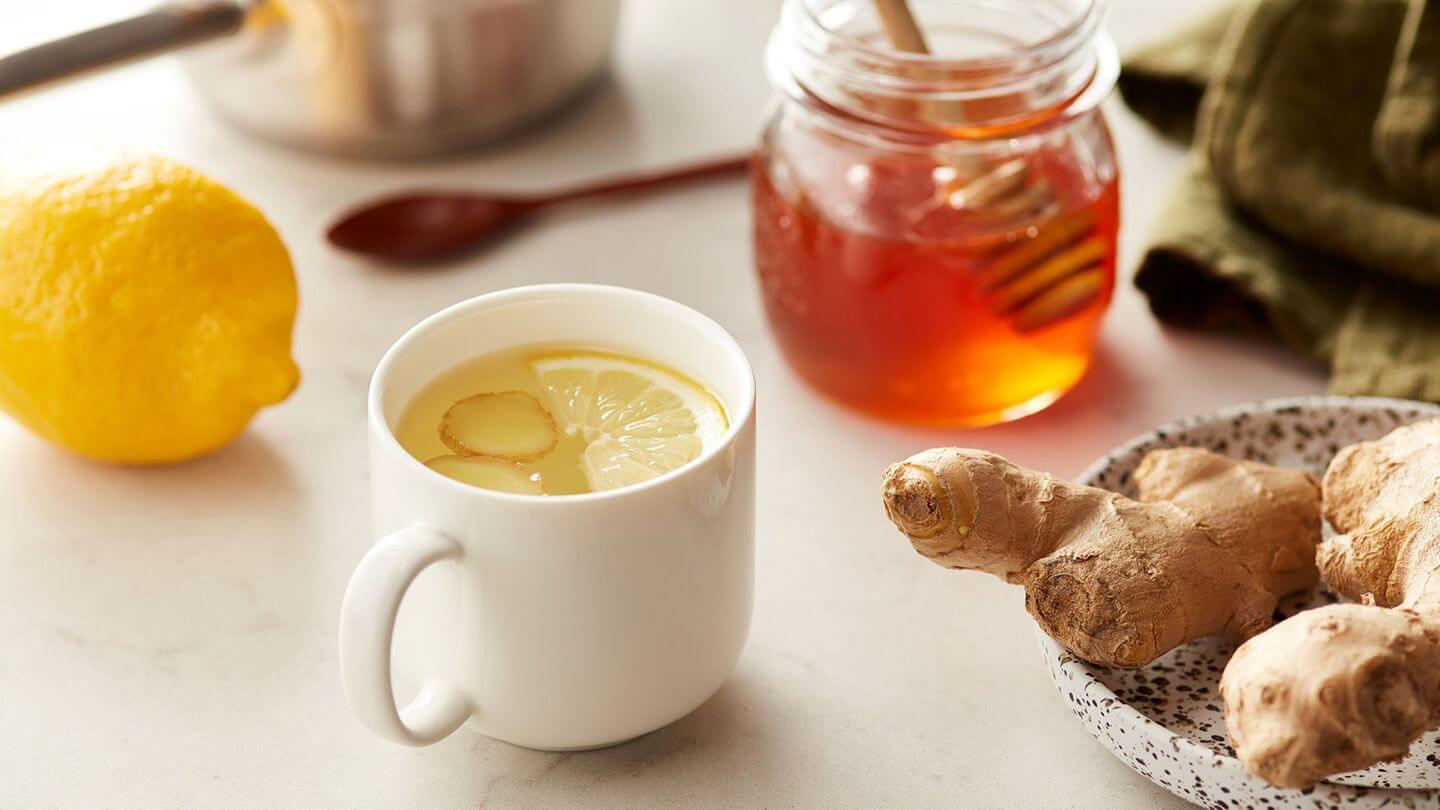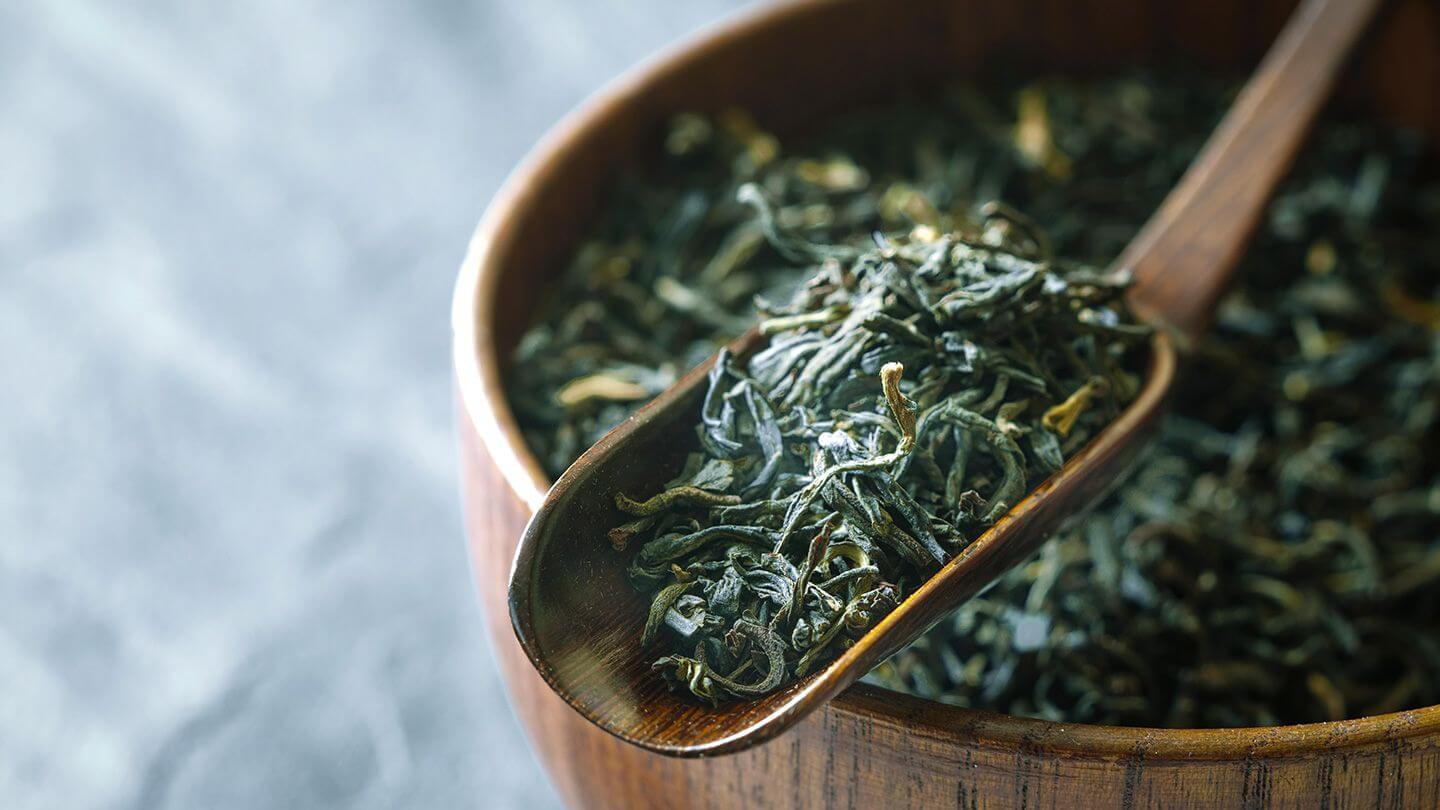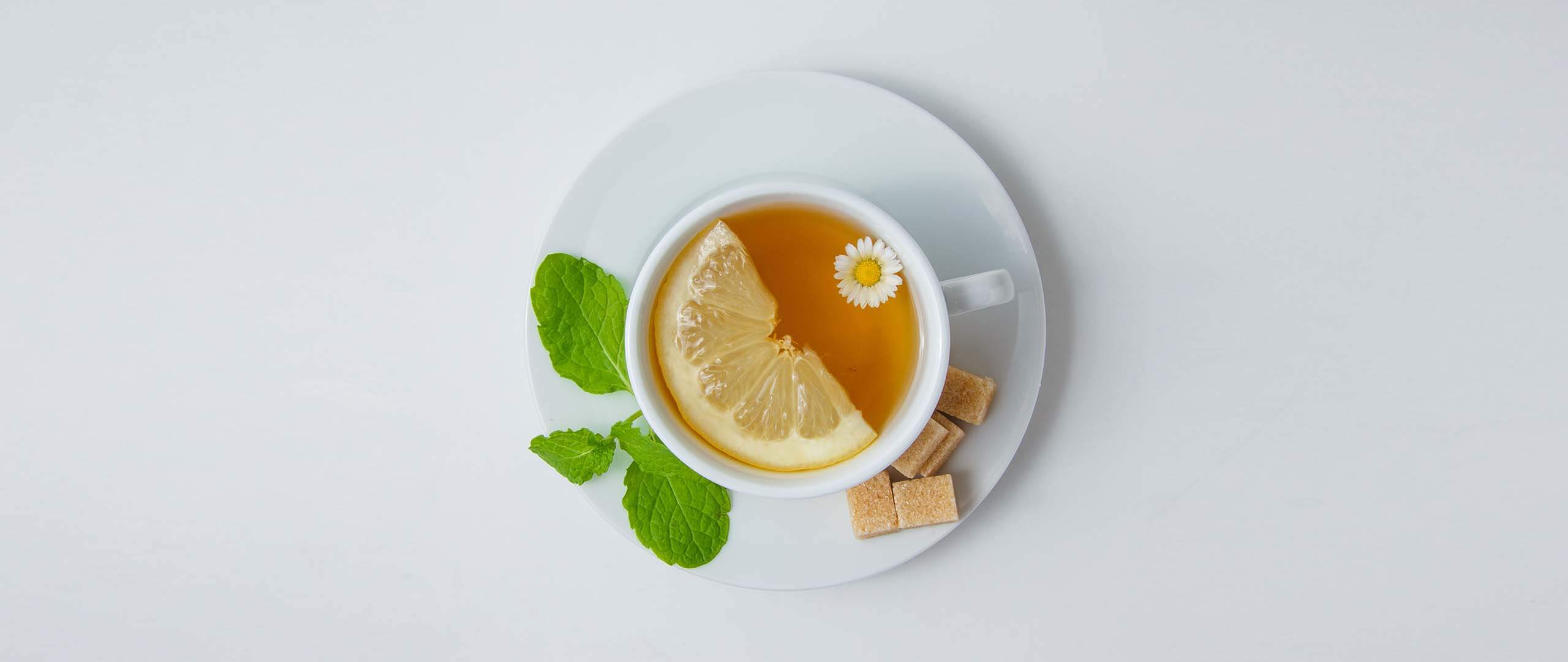Useful plant compounds in tea are helping for supporting your immune system. People drink teas for different reasons. For instance, curtail their allergies, flu season, or to improve overall health.
There is something relaxing about a hot cup of tea. Drinking tea calms your nerves, provides comfort, as well as support your immune system. Your body is constantly battling free radicals, which are by-products of metabolism and exercise.
Under normal circumstances, your body can handle these free radicals. But aging, eating habits, smoking and certain environmental factors may take a toll on your immune system. In this case, these free radicals can cause oxidative stress that damages your cells.
As a result, your risk increases for chronic diseases, illness and premature aging.
Tea For Your Immune System
In essence, antioxidants in tea, particularly polyphenols, are potent plant compounds. They can help prevent or delay the oxidative damage caused by free radicals. In addition, getting plant of antioxidants can help support a healthy immune system.
However, the types and concentrations of antioxidants present in tea varies. It depends on the tea variety, how it was cultivated and processed. With this in mind, here are some teas that health experts say are worth steeping.

Turmeric Tea
Turmeric is a yellow orange spice that gives curry its bold color. It turns out that turmeric teas may also be a boon for your immune system. Research shows that turmeric can decrease inflammation. It also contains high levels of antioxidants, which both support overall immune function.
In general, free radical damage plays a role in many diseases. So, the antioxidants in turmeric may make this spice a handy addition to your immune-health diet.

Ginger Tea
As a close relative of turmeric, ginger may also offer immune health benefits when sipped in a cup of tea.
Gingerol is the main active compound that’s responsible for ginger’s spicy, peppery flavor, and medicinal properties. According research, not only does gingerol offer antioxidant and anti-inflammatory effects, but it may also treat infections.
In addition to gingerol, ginger contains other antiviral compounds, These compounds are effective at fighting the common cold. The compounds are associated with an ease in pain, fever, and coughing fits linked with the common cold.
Given these points, few studies have looked at ginger’s effects on the immune system. Particularly, the effects of ginger tea. Obviously, more research is needed to conclude whether ginger tea can play a role in immune health.

Green Tea
Mild, bittersweet green tea is a rich source of catechins. Catechins are polyphenols that have an overall positive benefit to wellness and are notable antioxidants. It also one of the teas offering perks for your immune system.
Green tea is made out of the same tea plant that black tea and other types of caffeinated tea are produced from. Unlike other types of tea, green tea is either steamed or pan-fired soon after harvest in order to halt the oxidation process. This preserves the green color of the tea leaves. Also, results in increased levels of beneficial compounds like antioxidants and catechins. Studies show that the catechins present in green tea can help to ward off the flu and the common cold.












Leave a Reply